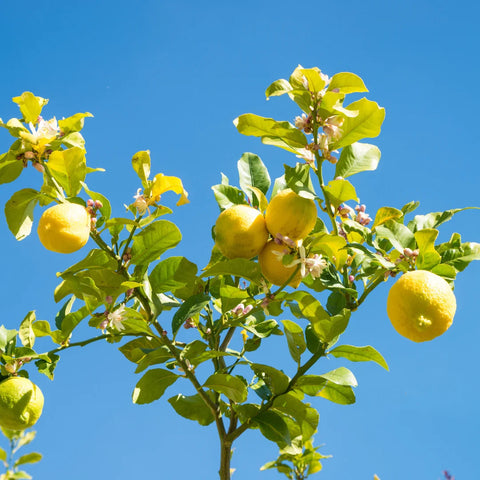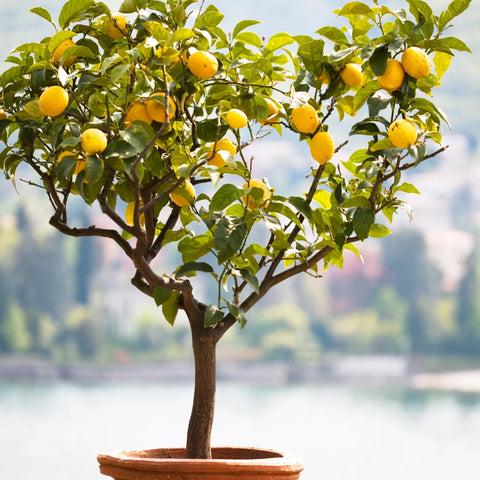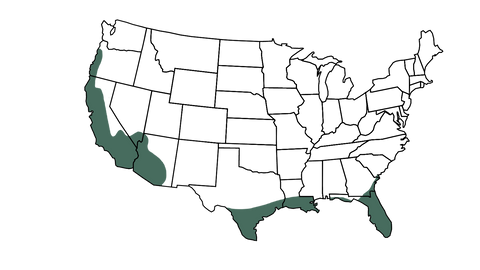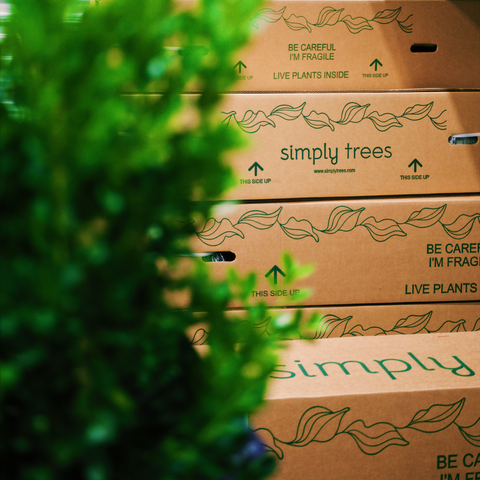More Details
Growth rate:
Please note: Images on our website depict plants and trees at full maturity to showcase their expected grown characteristics. These images are illustrative examples only and do not represent the size of plants or trees upon delivery.
We process and ship your order as quickly as possible, typically within 1-3 business days. You will receive a shipping confirmation with tracking information once your item(s) ship.
We have perfected packaging and shipping plants & trees! That is why we DO NOT use any third-party fulfillment like most other online retailers. Your trees go straight from our farm to your door, safely packaged by our team of seasoned professionals. Our process ensures your plants leave our facility and arrive to your door in the best condition possible!
In cases of extreme cold or hot weather, we may temporarily delay shipping to ensure the well-being of your plants. Our primary focus is on delivering healthy and thriving plants to you. Rest assured, we'll make every effort to notify you of any delays promptly.
Please allow additional ship times during inclement weather and sale periods. We do not process or ship orders on the weekend or U.S. Holidays. Simply Trees is not responsible for delays due to carriers, local disruptions, or weather.
Learn more about our Shipping Policy
At Simply Trees, we're committed to your satisfaction. If your plants arrive considerably damaged or sustained damage beyond the point of recovery, please contact us within five days at sales@simplytrees.store with clear photos for assistance. Our 30-day guarantee covers issues after planting, subject to our terms and conditions. We can't cover plants in the wrong climate or with inadequate care, but we're here to help in other situations. For a detailed understanding of our 30-day guarantee and how we ensure a fair process, click here to learn more.
USDA GROW ZONE:
Zones 9-11 (Unless Patio Plant)
Frequently Asked Questions
Our Process
We have perfected packaging and shipping plants & trees! That is why we DO NOT use any third-party fulfillment like most other online retailers. Your trees go straight from our farm to your door, safely packaged by our team of seasoned professionals. Our process ensures your plants leave our facility and arrive to your door in the best condition possible!




